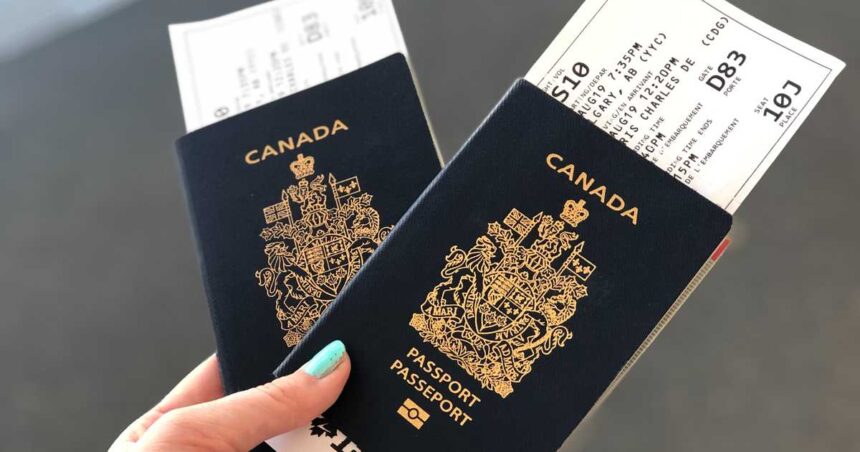Is immigrating to Canada easy? Many make the mistake of thinking that Canada immigration is easy for those who are super-qualified, super-skilled, and super-experienced. Well, you don’t have to be a Superman or a Superwoman to immigrate to Canada.
Instead, you just need to focus on using all possible programs and streams to qualify for a work permit or permanent residence in Canada. The path to long-term residence in Canada becomes a lot easier once you are in the country with a job in hand.
And one very easy way to qualify for a LMIA-exempt work permit that most people simply ignore is the Mobilité Francophonestream of the International Mobility Program.
Francophone Immigration—Big Deal for Canada
Do you know that Canada has a specific target for settling French-speaking immigrants outside the province of Quebec? In 2018, Canada announced that it planned to have 4.4 percent of its total immigrant admissions to be French-speaking immigrants settling outside Quebec.
As of 2019, this category of immigrants accounted for 2.8 percent of all admissions, which means Canada needs a 50 percent jump in French-speaking immigrants who intend to settle outside Quebec to meet its 2023 target.
Also Read
- Jobs, Jobs, Jobs—the X-factor that Makes Canada the Best Choice for Foreign Skilled Workers
- How Do I Find a Good Canadian Employer? 6 Points to Help you Identify the Right Employer in Canada!
Mobilité Francophone Stream of the IMT
To boost Francophone immigration, Canada introduced this Mobilité Francophone stream under the IMT in 2016.
All IMT streams are LMIA-exempt programs, which means employers can hire foreign skilled workers without following the onerous LMIA rules. This means no need for
- Applying for LMIA approval
- Advertising the position in Canada for four to six weeks
- Paying the $1000 LMIA fee
- Creating transition plans (high-wage LMIAs) or meeting quota targets (low-wage LMIAs)
- Complying with ongoing procedures and compliances imposed by the LMIA rules
Obviously, a Canadian employer will always prefer hiring a foreign worker under the Mobilité Francophone stream as opposed to the conventional LMIA-mandatory Temporary Foreign Worker Program.
How to Qualify for Mobilité Francophone?
To qualify for the work permit, you must intend to live and work in a French-speaking community outside the province of Quebec.
You must either use French as a habitual language on a daily basis. Whether you fulfill this requirement or not will ultimately be assessed by the Immigration Officer. Another way to qualify is to if your score NCLC 7 or higher in your French language test. The test results should be within two years of the date of your application.
As with all job permits, you must have a valid job offer from an eligible Canadian employer. The offer must be for a NOC 0, A, or B occupation.
It is not mandatory for your job to require knowledge or usage of French as an integral part of the job description. This means even a job that can be performed by somebody who knows just English can help you qualify as long as you are proficient in French.
If the job offer is for a period of more than six months, then you can bring your spouse as well and he/she will be eligible to work on an open work permit.
How Mobilité Francophone Can Change Your Life?
You can see there are no extraordinary requirements to qualify for this work permit. Any skilled worker can qualify provided he/she is proficient in French and is good enough to use it as a habitual language on daily basis.
So, if you are ready to work hard and become proficient in French, then you can jump to the top of the line and get a job and a Canadian work permit without any hassles.
Once in Canada, you can use your Canadian work experience to qualify for the Canadian Experience Class program. Or, the standard FSWP-Express Entry-ITA route to permanent residence is always open.
With Francophone immigration expressly mentioned in the 2021 Mandate Letter, many provinces too will be keen on attracting French-speaking professionals and skilled workers. This means the provincial nomination route too is open for you.
Something as routine and ordinary can transform your life forever provided you plan your immigration strategy accordingly. This is where professional immigration assistance can make a huge difference. French proficiency, a Canadian degree, one-year work experience, Pilot programs—these are just some areas of focus that can make your Canadian dream come true. And only an immigration professional can help you quickly find the right option for you.

